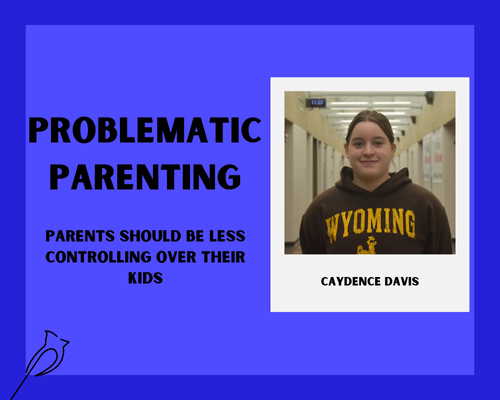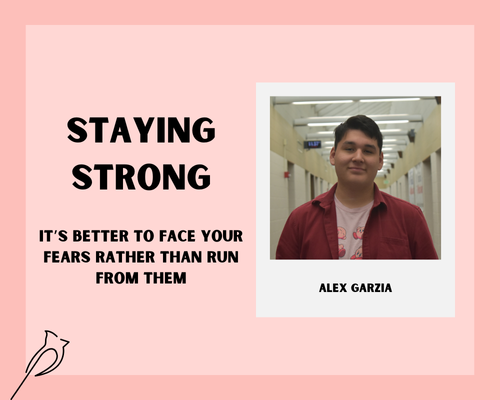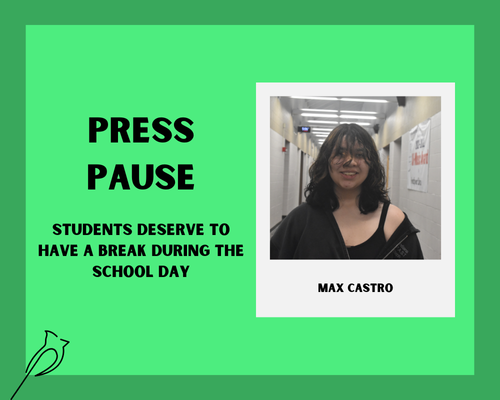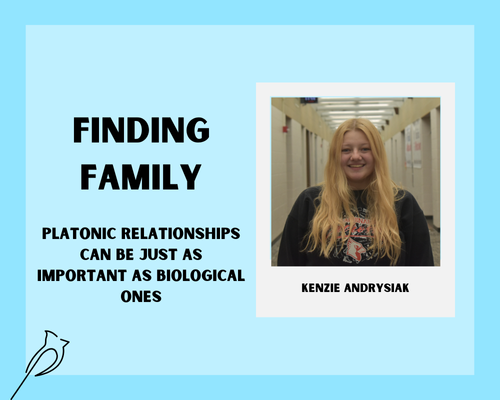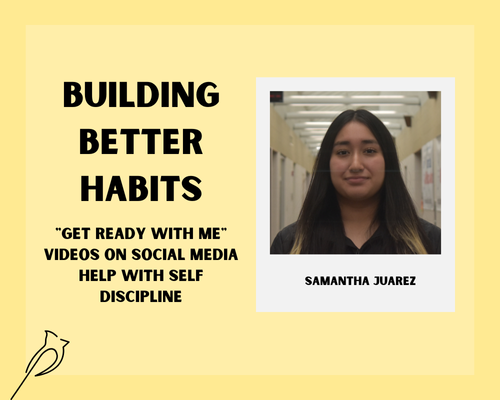A life’s work
Happiness is more important than profit
For years I’ve been continuously asked the dreadful question, “What do you want to do after high school?”
The majority of teens would probably respond with, “Anything but an office job.”
I know I have uttered these words too. All of my life I’ve struggled with self-identity, and in America, I’ve learned that one’s job is a huge part of it. The strive to “find one’s passion” is an inevitable part of working in America.
Many people feel a passion just hits someone like a lightning bolt. But truthfully, “passion” is a myth.
In a capitalist society, the goal of working is to profit. And in a report written by Nancy Kober, Consultant for Center on Education Policy, she says public school is meant to prepare people for democratic citizenship, also known as preparing people to participate in society. To be a functioning member of society, one must work to contribute to the community, world and economy.
If one has a “passion” for what they do, why would they ever want to stop working? This idea is a consequence of placing profit above people.
But this mindset is not shared with all of the world.
Sweden is an example of this. I remember a few months ago I was having a conversation with an adult in my life, and they told me about how in some countries the response to, “what do you do?” is just about their life. They could talk about activities, their children, their interests but their job is rarely the first and foremost.
They find their “passion” in living life. And according to the Showbiz Cheatsheet, ”The country has famously tried shortening the workday to six hours.” Their work culture is a whole different realm than ours. They don’t have to focus on making this interest their job, because a job isn’t their life.
A traditionally non-fulfilling job, for example, a secretary or an accountant, is often placed lower than a first responder or any job that benefits society directly.
This negative light cast on corporate jobs is frankly unjustified.
Not everyone should feel an obligation to commit their lives to a noble cause. This is another toxic idea in American work culture. And while this idea is rooted in good morals, it puts pressure on people to strive for the best. Trying to be “the best” can wreck someone’s self-perception, motivation and all around life in the long run.
American work culture is all about “staying on the grind.” Life isn’t about working hard constantly, it’s about living. Having an office job doesn’t have to be the emotional turmoil that late ‘90s movies portray.
As the prime example of office job hatred, the movie ”Office Space” says, ”Most people don’t like their jobs. But, you go out there and you find something that makes you happy.” This is the solution to toxic American work culture.
Capitalism, a system based on the economics of nearly the entire world, will be hard to dismantle. But just one change in mindset is the way to enact full blown change.
So, while I personally would enjoy some careers more than an office job, when your life isn’t committed to work, you don’t have to rely on your work being your life. All in all, an office job could be the backbone of living the rest of your fulfilling life.
Corporate jobs aren’t the drab idea we’ve been taught to think they are. One’s job doesn’t have to be their life.

Nearly three years ago, on a fateful day in the spring of my freshman year I voted “Yes” on a Journal instagram poll about interest in making graphics....



